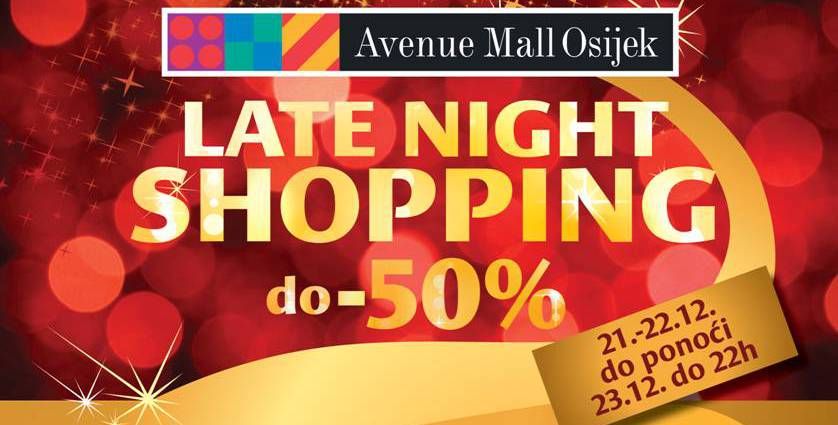• • • Review: Indeclinable Nouns and Adjectives, Slang
If you live in a big country, it's maybe hard for you to understand the outside influence on Croatian culture and of course its language.
When there's a movie on one of Croatian TV channels — it's likely an American movie (shown with subtitles). More than half of the songs played on radio stations are foreign (American, English, sometimes Italian). Book shops sell imported, English-language books as well, since many books don't get translated. If you drive for an hour or even less westward or northward from Zagreb — you come to the border, and another language is spoken across it. All cars are imported. Most shops sell foreign brands of clothes. Even in supermarkets, a lot of stuff is imported (e.g. candies, chocolate, snacks...) and has foreign names on it.
English (sometimes French and Italian) names for restaurants, cafés and shops are quite common, sometimes misspelled, or with mixed spelling (e.g. Croatian, English and French):

[under construction]

Not only shops bear English (sometimes French or Italian) names; a TV channel dedicated to mostly Croatian music videos is named Croatian Music Channel (CMC), and it organizes events called CMC Party.
One such event was CMC PARTY presenting: The Love Collection, where a record called The Love Collection containing songs by Croatian performers only and published by the main Croatian music publisher, Croatia Records, was presented!
Recently, with a transition to market economy, a lot of English words appeared in commercial and corporate context, public relations, services, etc. For instance, a Croatian company organizes The Ultimate Pub Quiz (this is its Croatian name!):
The Ultimate Pub Quiz je inicijalno kreiran kao mali team-building event 2009. godine te je uspješno prihvaćen među tvrtkama i institucijama diljem Hrvatske. Od tada, razvio se kao korporativni team-building event ili show namijenjen za manje kompaktne grupe ili jednako tako kao večernji društveni event na konferencijama, poslovnim druženjima ili čak privatnim korporativnim partijima. (Source)
Some words are spelled just as their English counterparts (team-building, event, show), while others are adapted (parti "party"). Such words are considered fancy and appealing by some people.
Meanings are sometimes shifted: event means "an organized event, social event, not just "event". Such often seen words are (with alternative spelling in brackets):
brand (brend)
catering
celebrity
event "social event"
fitness "exercise; gym"
image (imidž) "public image"
leasing
lifestyle
manager (menadžer)
management (menadžment)
marketing
monitoring
piercing (pirsing)
shopping (šoping)
show
team-building
website
wellness
From shopping, a verb shoppingiram (also spelled šopingiram) was derived, meaning "shop" (not just "buy", as kupujem, kupovao ~ kupim), and from it a gerund shoppingiranje (or šopingiranje) is of course derived (BiH is a standard abbreviation for Bosnia-Herzegovina):
Dalmatinci i Slavonci masovno šopingiraju u BiH "Dalmatians and Slavonians shop in BiH in large numbers" (T-Portal)
Commercial ads often feature a mix of English and Croatian, where name of event or service is in English, and the rest in Croatian. For instance:

Note that the shopping mall is called Avenue Mall Osijek. Such words are not limited to shopping and other services, celebrity contexts, but are also found in specialized areas, although always related to business:
[U] Zagrebu se održava Retail Matchmaking Event u organizaciji tvrtke R.E.D. Star. Osim klasičnog "speed datinga" za developere i retailere, organizatori su sudionicima pripremili i nekoliko iznenađenja. (Source)
Here the writer puts "speed dating" into quotation marks, but not developer "property developer, real-estate investor" and retailer "shop owner".
Updated 2013-05-08
1 comment:
Hi there and thank you for this interesting article, however, this "phenomenon" (using English words although English is not your native language or the official language of the country your’re living in) is not unique for Croatia. I think the situation is similar in most European countries (and perhaps all over world).
Post a Comment